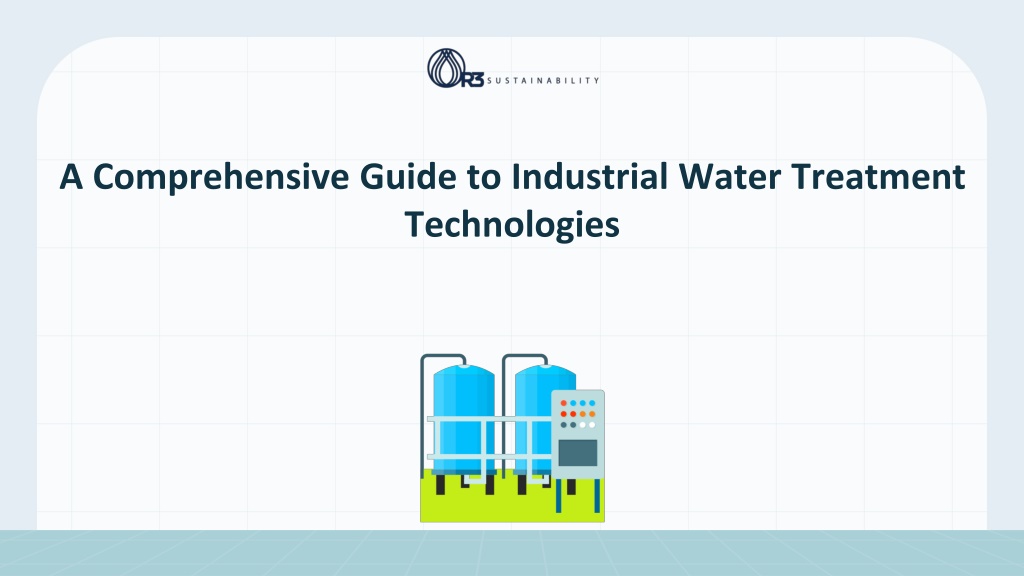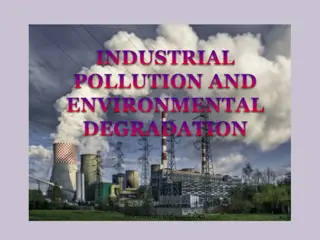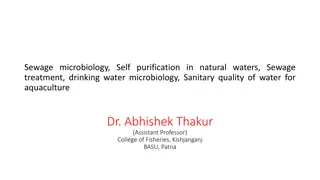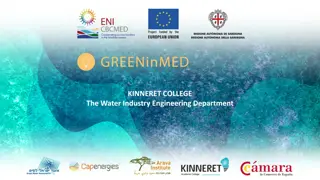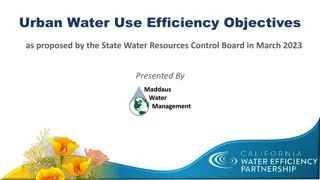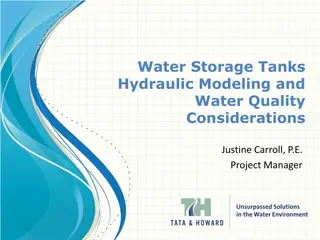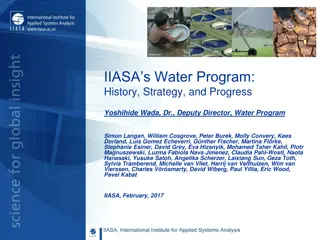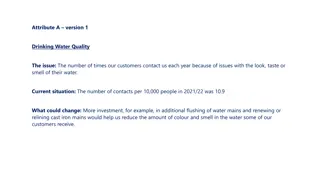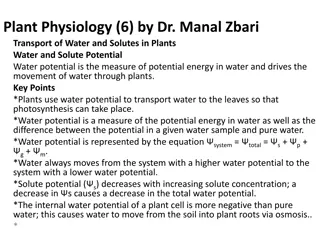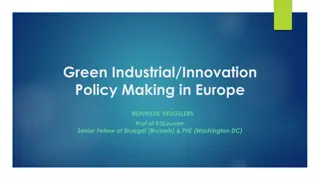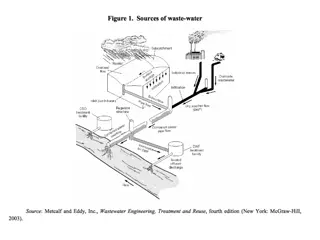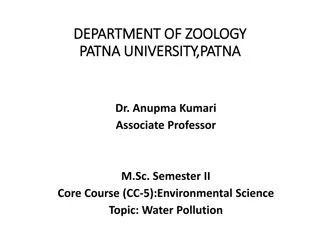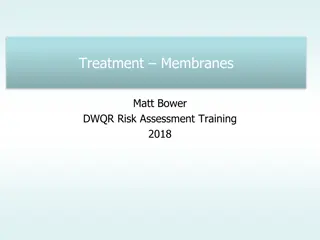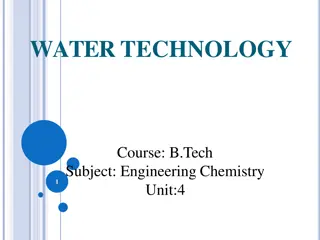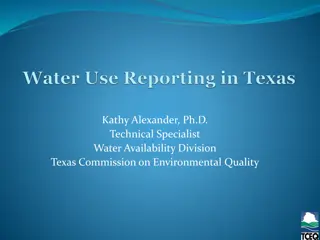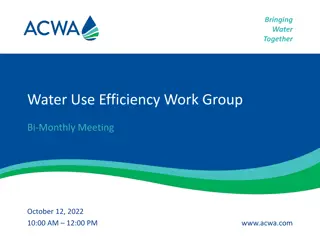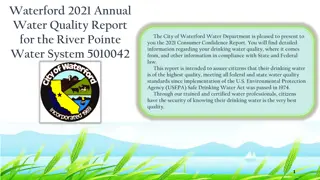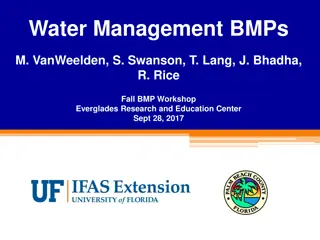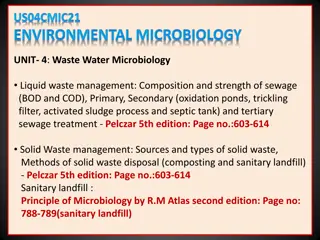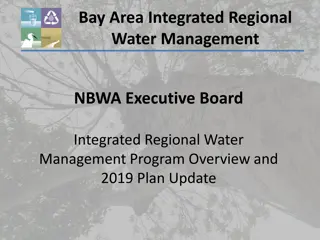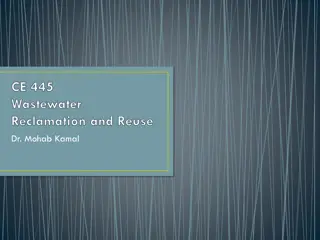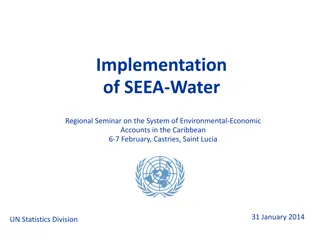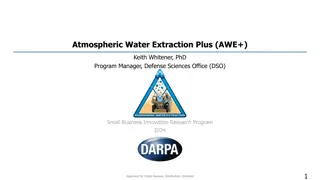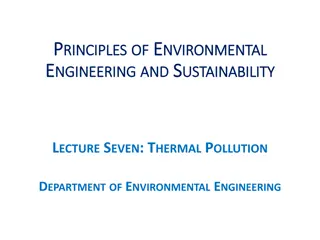A Comprehensive Guide to Industrial Water Treatment Technologies
Discover the essential technologies for industrial water treatment in our comprehensive guide. Explore filtration, chemical treatment, reverse osmosis, ion exchange, and advanced oxidation processes to ensure efficient and sustainable water managemen
Download Presentation

Please find below an Image/Link to download the presentation.
The content on the website is provided AS IS for your information and personal use only. It may not be sold, licensed, or shared on other websites without obtaining consent from the author. Download presentation by click this link. If you encounter any issues during the download, it is possible that the publisher has removed the file from their server.
E N D
Presentation Transcript
A Comprehensive Guide to Industrial Water Treatment Technologies
An Overview Industrial water treatment systems are essential for maintaining the quality of water used in various industrial processes. These systems not only ensure operational efficiency but also contribute to environmental sustainability. This guide provides an overview of key technologies within industrial water treatment systems that industries rely on.
Lets Dive into the Key Technologies for Industrial Water Treatment Systems: Filtration and Sedimentation Chemical Treatment Reverse Osmosis (RO) Ion Exchange Advanced Oxidation Processes (AOPs)
Filtration and Sedimentation Filtration and sedimentation are foundational components of industrial water treatment systems. Filtration removes suspended particles by passing water through porous materials like sand or carbon. Sedimentation allows heavier particles to settle at the bottom of a tank, where they can be removed. These processes are crucial for reducing turbidity and preparing water for further treatment.
Chemical Treatment Chemical treatment plays a vital role in industrial water treatment systems. It involves adding chemicals like chlorine, coagulants, and flocculants to water. This process helps disinfect water, remove harmful pathogens, and enhance the removal of suspended solids. Chemical treatments are often combined with other technologies to achieve optimal water quality.
Reverse Osmosis (RO) Reverse Osmosis (RO) is a critical technology within industrial water treatment systems, particularly for desalination and removing dissolved salts and contaminants. In this process, water is forced through a semi-permeable membrane that filters out impurities, leaving clean water on the other side. RO is especially effective in industries requiring high-purity water, such as pharmaceuticals and electronics manufacturing.
Ion Exchange Ion exchange is another important technology in industrial water treatment systems, used for softening water and removing ions such as calcium, magnesium, and heavy metals. This process involves exchanging undesirable ions in water with more desirable ones using a resin bed. Ion exchange is highly effective in preventing scale buildup in industrial equipment.
Advanced Oxidation Processes (AOPs) Advanced Oxidation Processes (AOPs) are powerful technologies within industrial water treatment systems. They involve the use of oxidants like ozone and hydrogen peroxide to break down organic contaminants. AOPs are often employed in wastewater treatment to degrade pollutants that resist conventional treatment methods.
Conclusion Selecting the right combination of technologies within industrial water treatment systems is essential for achieving the desired water quality and ensuring efficient industrial operations. By understanding these technologies, industries can make informed decisions that benefit both their operations and the environment.
THANKS CONTACT US +1-720-222-4739 info@r3sustainability.com www.r3sustainability.com
